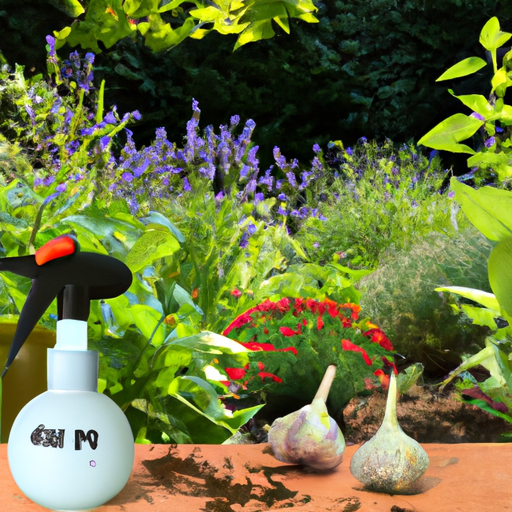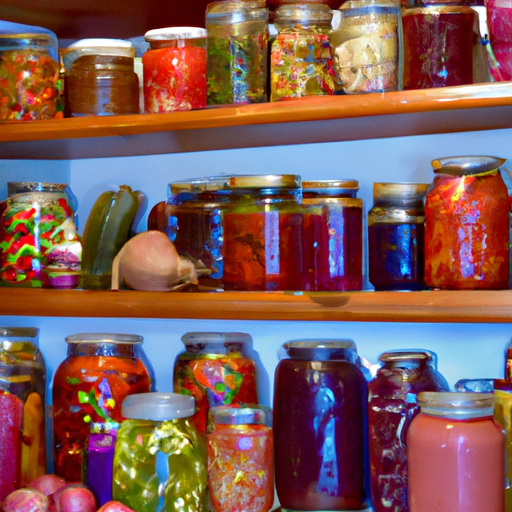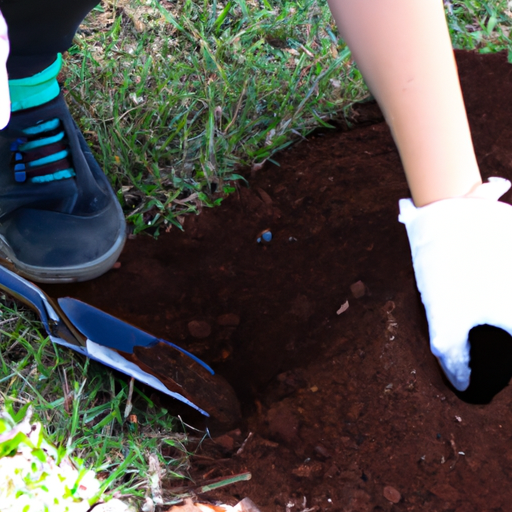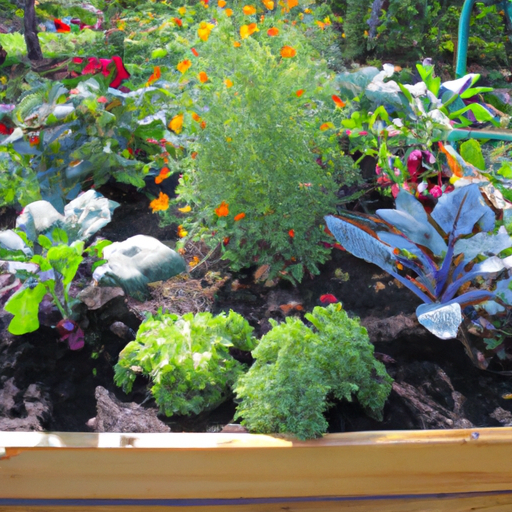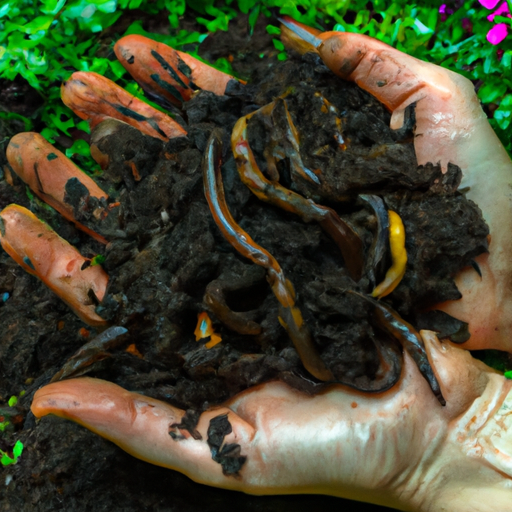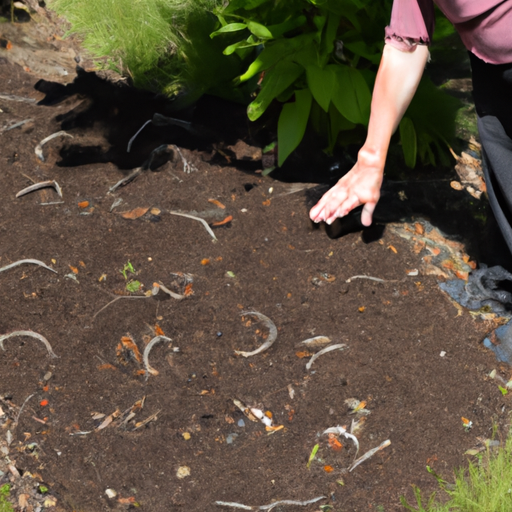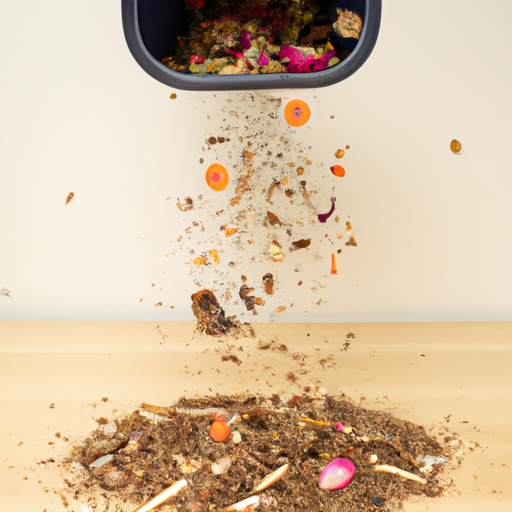If you are a gardener, then you know that pests can be one of the biggest nuisances in your garden. From aphids to slugs, these unwanted visitors have the ability to destroy your plants and ruin all of your hard work.
While there are many commercial pest repellents available on the market, they often contain harmful chemicals that not only harm insects but also pose a threat to beneficial creatures like bees.
Fortunately, making homemade pest repellents is an easy and effective way to keep bugs at bay without harming the environment.
In this article, we will explore some natural remedies for common garden pests that you can make right at home. These remedies are safe for both humans and animals while being environmentally friendly.
Whether you’re dealing with pesky mosquitoes or munching caterpillars, we’ve got you covered with simple recipes that use ingredients found around the house.
So let’s get started and discover how easy it is to create your own homemade pest repellents!
Understanding Common Garden Pests
As a Master Gardener, it is important to understand the common pests that can wreak havoc on your beloved garden. Identifying these pests early on is key in preventing any damage they may cause.
Some of the most common garden pests include:
– Aphids
– Slugs
– Snails
– Caterpillars
– Spider mites
To prevent infestations from occurring in the first place, there are several pest prevention strategies you can implement. These include practicing proper sanitation by removing any dead or diseased plant material regularly, using companion planting techniques to repel certain pests naturally, and incorporating physical barriers such as netting or row covers.
By understanding and implementing these preventative measures, you’ll be well on your way to keeping your garden thriving and free from pesky invaders.
Natural Ingredients For Homemade Pest Repellents
As a Master Gardener, I highly recommend using natural ingredients for homemade pest repellents.
Herbs such as lavender, mint, and rosemary can act as effective insect deterrents while adding a pleasant aroma to your garden. Essential oil blends made with these herbs can also work wonders in keeping pests at bay.
For example, mixing equal parts of peppermint, eucalyptus, and lemon essential oils in water makes an excellent spray for deterring ants and aphids. Experiment with different herb combinations to find the perfect blend that works for your garden’s unique needs.
Remember to always research safe usage guidelines before applying any homemade pest repellent to your plants.
Recipes For Diy Pest Repellent Sprays
Now that we’ve covered the natural ingredients for homemade pest repellents, let’s move on to the next step: creating DIY pest repellent sprays.
Essential oils and vinegar are two effective ingredients for making these sprays. Before diving into the recipes, it’s important to consider safety precautions and storage tips.
When working with essential oils, be sure to handle them carefully as they can be concentrated and powerful. Also, make sure you store your DIY spray in a cool, dark place away from children or pets.
Now onto the fun part – here are some simple recipes you can try at home using these ingredients!
Natural Pest Control Methods For Your Garden
As a Master Gardener, I highly recommend incorporating natural pest control methods in your garden. Not only does it benefit the environment, but it also promotes the benefits of organic gardening.
When we use chemical pesticides and insecticides, we harm not only our plants but also other beneficial insects such as bees and butterflies. By using homemade pest repellents made from natural ingredients like garlic, neem oil, or vinegar, you can effectively repel pests while maintaining the balance in your ecosystem.
Additionally, biodiversity plays an important role in pest control. When we have a variety of plants growing in our gardens, it attracts different types of insects that help regulate populations naturally.
So remember to embrace nature’s way of controlling pests and watch your garden thrive without harming the environment around us.
Tips For Preventing Pest Infestations In Your Garden
As a Master Gardener, I highly recommend taking preventative measures to avoid pesky pests from infesting your garden.
One effective method is companion planting, which involves placing certain plants together that have a mutually beneficial relationship. For example, marigolds can be planted alongside tomatoes as they repel nematodes and other harmful insects.
Another approach is using physical barriers such as mesh netting or row covers to keep bugs out. These barriers not only protect your crops but also provide shade and shelter for young seedlings.
By implementing these methods early on in the growing season, you’ll be able to enjoy a bountiful harvest without interference from unwanted visitors.
Frequently Asked Questions
What Are The Potential Risks And Side Effects Of Using Homemade Pest Repellents In The Garden?
Healthy gardening is a harmonious balance between nature and nurture. However, one must be mindful of environmental impact when using pest repellents in the garden.
It’s important to consider the potential risks and side effects of homemade solutions to control pests such as insects, rodents or fungi. Effectiveness and efficiency may not always guarantee safe use around edible plants or nearby water sources.
Health concerns should also be taken into account, especially if you have pets or children who play in the garden area.
As a Master Gardener, it’s my responsibility to educate fellow enthusiasts on how to maintain a pesticide-free environment without compromising their health and that of the ecosystem they tend to with so much love and care.
Can Homemade Pest Repellents Be Harmful To Beneficial Insects And Pollinators?
When considering pest control strategies in your garden ecosystem, it’s important to take into account the potential impact on beneficial insects and pollinators.
While homemade pest repellents may seem like a natural solution, they can still be harmful if not used properly.
Some ingredients commonly found in DIY repellents, such as garlic or hot peppers, can repel both harmful pests and beneficial insects alike.
It’s always best to do some research before applying any type of pesticide or repellent in your garden to ensure that you are using the most effective and safe method for your plants and their wildlife counterparts.
As a Master Gardener, I recommend consulting with local extension offices or trusted gardening resources for advice on how to manage pests without harming valuable members of the garden ecosystem.
How Long Does Homemade Pest Repellent Last And How Often Should It Be Reapplied?
When it comes to pest control in the garden, one might wonder how long a homemade repellent lasts and how often it needs to be reapplied.
The duration of effectiveness can vary depending on the ingredients used and environmental factors such as rain or sunlight exposure.
As a Master Gardener, I suggest monitoring your plants for any signs of pests and reapplying the repellent as needed.
However, keep in mind that overuse of any type of pesticide can harm beneficial insects and pollinators, so use sparingly and only when necessary.
Are There Any Specific Plants Or Crops That Are More Susceptible To Certain Garden Pests?
As a Master Gardener, it’s important to know which plants or crops are more susceptible to certain garden pests.
One effective way to combat this issue is through companion planting, where you strategically plant different species together that can benefit each other and naturally deter pests.
For example, planting marigolds near tomatoes can help repel nematodes, while growing basil alongside peppers can attract beneficial insects like ladybugs for natural predator control.
By understanding the relationships between certain plants and pests, you can create a healthier and more balanced garden ecosystem.
What Should I Do If Homemade Pest Repellents Do Not Seem To Be Effective In Controlling Garden Pests?
Well, well, well. It seems our homemade pest repellents aren’t as effective as we thought they would be in controlling those pesky garden pests. How ironic!
Fear not, fellow green thumbs. There are alternative pest control methods that can help alleviate the issue at hand. For instance, you can try introducing natural predators to your garden or using organic pesticides.
However, if all else fails and the problem persists, it may be time to seek professional help from a certified pest control expert. Remember, there’s no shame in admitting defeat when it comes to maintaining a healthy garden ecosystem.
As Master Gardeners say: ‘When life gives you pests, call in reinforcements.’ ‘Don’t let the pests take over your garden, seek help and get back to enjoying the beauty and bounty of your outdoor space.’
Conclusion
Well, fellow green thumbs, we’ve come to the end of our journey through homemade pest repellents for your garden.
As a Master Gardener myself, I must say that while these remedies may seem like a great solution to pesky pests, they do come with their risks.
While natural ingredients such as garlic and chili peppers can be effective in repelling insects, it’s important to remember that not all bugs are bad.
In fact, many beneficial insects and pollinators play an essential role in maintaining a healthy ecosystem in your garden.
So next time you reach for that bottle of homemade repellent, ask yourself – is it worth potentially harming those little helpers?
Perhaps sometimes, the best solution is simply letting nature take its course.
